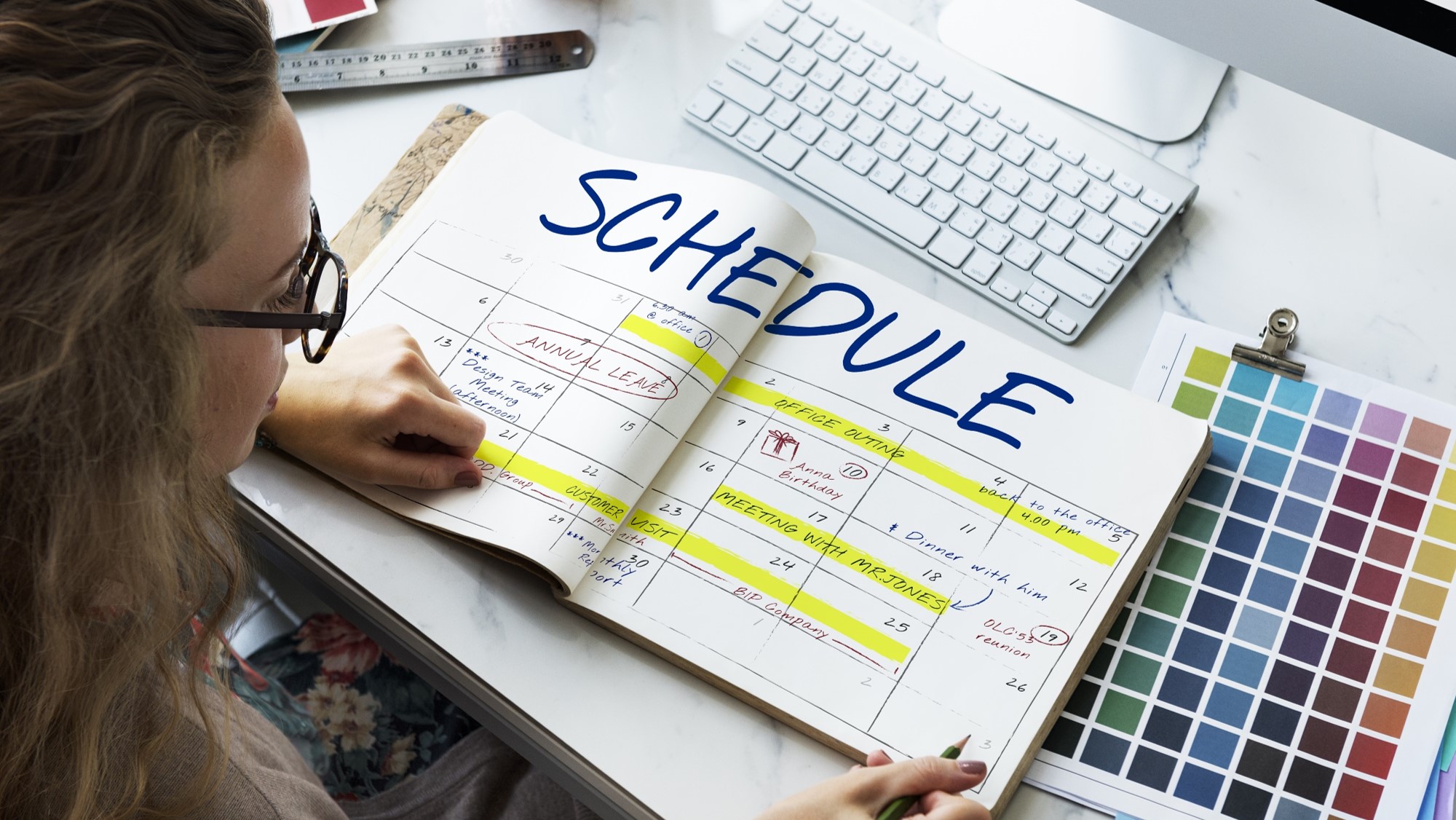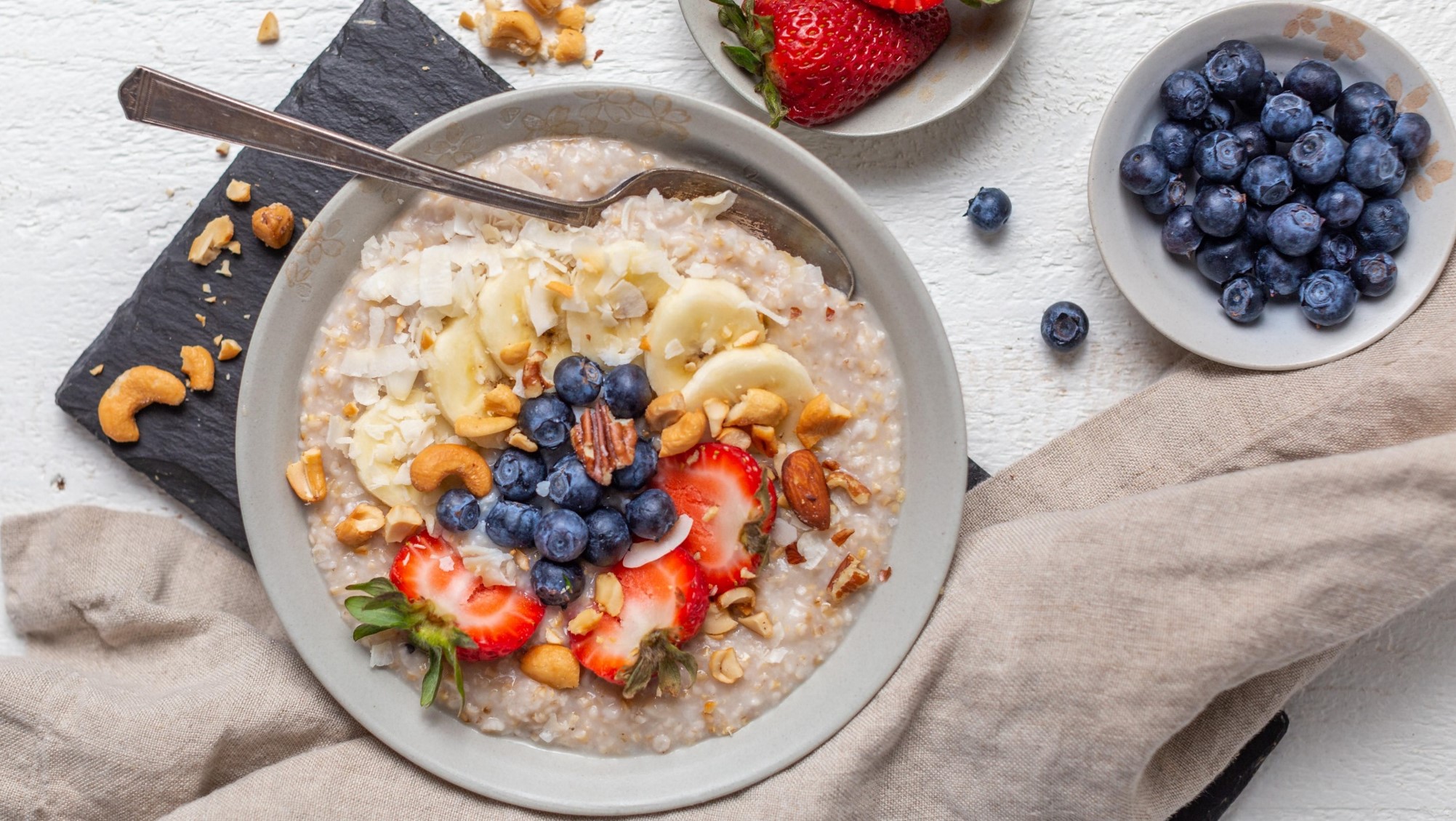It’s January, which means one thing is certain — we’re trying desperately to stick to our ambitious, and often guilt-driven, new year’s resolutions. With the new year happening right after the holiday season, we more often than not make grand plans to lose weight, exercise more, and never sleepless than eight hours a night. However, these resolutions are usually a product of late-night holiday parties, big feasts, and a healthful serving of cookies. In fact, in 2017 nearly 50% of people said their new year’s resolution was to lose weight. Think about it though: If the new year happened after summer —when we’re more active and spend lots of time outdoors — do you think you’d make the same resolutions?
In addition to just the odd timing of resolutions happening after an indulgent holiday season, the elephant in the room is that people have a hard time sticking to their resolutions. One large survey found that 80% of resolutions don’t even stick until February, which signals there might be a flaw in the system, rather than in our intentions.
Why Resolutions Don’t Work
Often, our resolutions are really big, visionary goals. Think: lose 10 pounds, save $10,000, or get six-pack abs. These visions are really hard to turn into daily actions, and we end up being at a loss with how to realistically attain these big resolutions.
That’s why building habits might be the better way. Habits are rituals and behaviors that we automatically perform, which allow us to carry out essential activities that are vital to our lives, like showering, getting dressed, and even reading before bed. Now, imagine if packing your workout clothes for the gym was as simple and mindless as brushing your teeth at night!
Habits are more reliable than resolutions because while they take time to form, once you do create them, it’s harder to let it fall to the wayside. While establishing habits isn’t always the easiest, it’s definitely attainable. Here are some guidelines for how to develop healthy habits for the new year.
Your Step-by-Step Habit Forming Guide
1. Start with a small action that will start the domino effect of establishing your habit. For example, say you want to cook more meals versus eating out. A good action to start with is to write a grocery list on Sunday morning that is filled with fresh and healthy ingredients.
2. Pick an anchor behavior that will trigger this new action. For example, brushing your teeth can trigger you to floss. For this grocery list example, maybe you always write one on Sunday morning while drinking your first cup of coffee at the kitchen table.
3. Make sure this behavior is easy and even fun! If you like writing lists by hand, maybe buy yourself some fun paper and a pen for your grocery-list writing. If you’re more of a digital person, search for and download an app on your phone. Consider bookmarking some of your favorite recipe blogs on your computer so you can enjoy time searching for delicious meals to make. Or invest in a few good cookbooks. This will inspire you to cook and eat healthier.
4. Stay consistent. Habits are easier to form if you do them in the same place around the same time. Don’t write your grocery list on the fly, in between a million other tasks. Take time and make this a ritual.
5. Give yourself a pat on the back. Even if you may think this habit is small, it’s helping you reach a bigger goal: eating healthier. So when we tell ourselves “good job!” we get a little shot of dopamine to the brain which triggers our reward system. This not only feels good, but gives us a better chance of continually replicating our action and truly turning it into a habit.
6. Repeat, repeat! While the grocery list creation might only need to happen once a week, other habits can happen daily. If you want to get stronger, you could start a habit of doing 50 pushups in the morning before you eat breakfast. If you want to create this habit, do it in the same room in between your other morning tasks, whether that’s brushing your teeth, making coffee, or checking the news. The repetition helps make this habit become automatic.
By taking small steps and creating habits, you could see some big results. So instead of making huge resolutions, consider focusing on habits that you can stick to every day that will help you make lifestyle changes you can adhere to for life.


